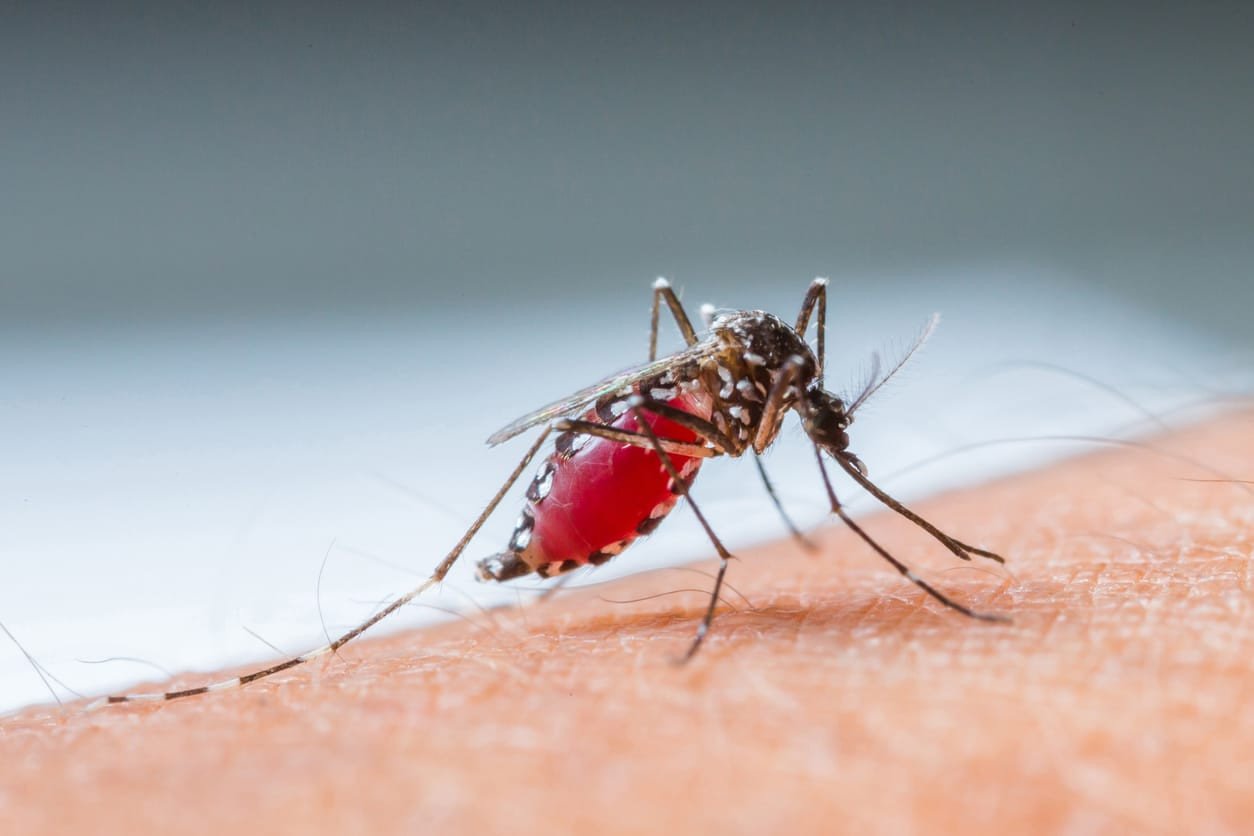
Mahkatop — Tea is a popular herbal beverage often used to address various health issues such as colds and fevers. However, not all types of tea are beneficial for health. Some types of tea can even cause harmful side effects. Here are five types of tea that should be avoided due to potential health risks.
1. Comfrey Tea
Comfrey tea is made from the leaves of the comfrey plant (Symphytum officinale). While believed to have benefits for treating allergies, bronchitis, diarrhea, and rheumatoid arthritis, this tea contains pyrrolizidine alkaloids, which can damage liver cells and cause veno-occlusive disease. Many countries have banned or restricted the sale of comfrey tea due to the risk of liver damage.
2. Detox Tea
Detox teas are often marketed as a way to cleanse the body of toxins and promote weight loss. However, these claims are not supported by scientific evidence. Some detox teas have been found to contain harmful substances such as fluoxetine, which can interact with other medications and cause serious side effects like ventricular arrhythmia or sudden death.
3. Kava-Kava Tea
Kava-kava tea, made from the root of the kava plant (Piper methysticum), is known for its calming effects and traditional use in social ceremonies in the South Pacific Islands. However, kava has been linked to liver damage, leading some countries to ban or restrict its use. Until further research confirms its safety, it is advisable to avoid kava-kava tea.
4. Black Tea
Research has shown that black tea often contains heavy metals such as arsenic, cadmium, and lead. These heavy metals can lead to various health problems, including cognitive development impairment, lung and skin cancer, and skin lesions. Pregnant and breastfeeding women should limit their consumption of black tea due to these risks.
5. Licorice Tea
Licorice tea, made from the root of the licorice plant (Glycyrrhiza glabra), contains glycyrrhizin, which can cause hypertension, hypokalemia, and other health issues if consumed in excess. Excessive consumption during pregnancy can also lead to cognitive problems in children. It is recommended to limit glycyrrhizin intake to 10 milligrams per day, but licorice tea often exceeds this limit.
Conclusion
While tea is generally considered a healthy beverage, it is important to be aware of the types of tea that can cause harmful side effects. Avoid consuming comfrey tea, detox tea, kava-kava tea, black tea, and licorice tea to maintain your health.(*)







